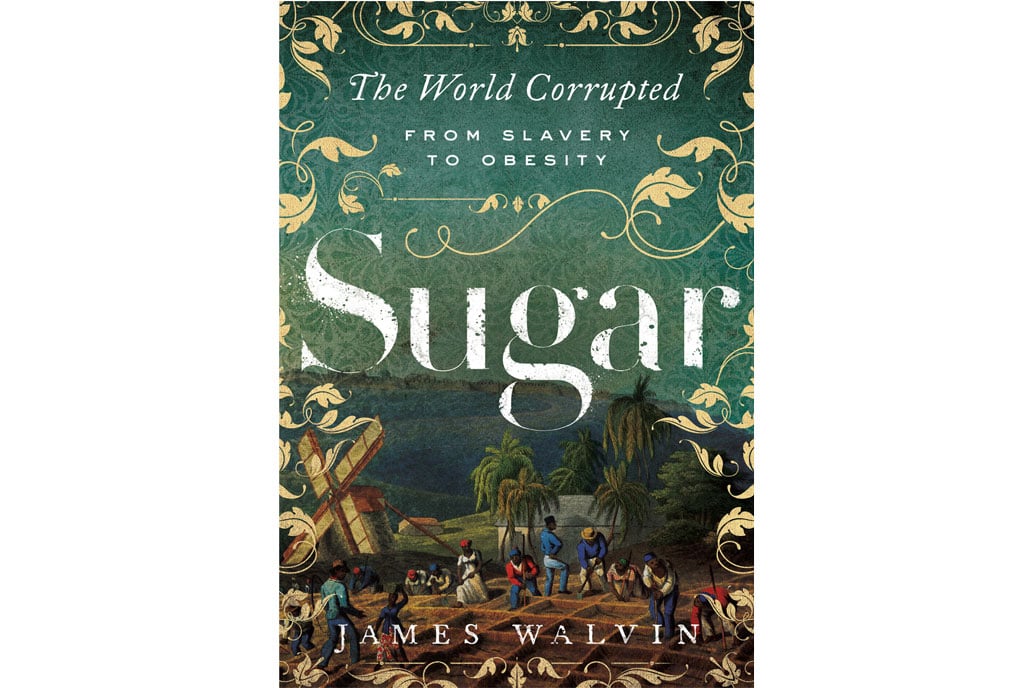Prime
Book review: How sugar’s sweetness is the world’s weakness

Book cover.
What you need to know:
- Book title: The World Corrupted: From Slavery to Obesity
- Author: James Walvin
- Pages: 325
- Where: Bookshops
James Walvin’s treatise on sugar puts much stock in laying bare its insidiousness. He is persistent in his portrayal of dental sufferings brought on by sugar-rich diets. When the product was not as ubiquitous as it is currently, the bad teeth of blue-blooded aristocrats like Elizabeth I and Louis XIV are spotlighted.
Louis XIV, we are told, had lost all his teeth by the time he turned 40 despite valiant efforts from his medical staff. Poor families, shorn of the wherewithal to benefit from dentistry’s redemptive powers, were met with more punishing effects when mass production democratised sugar. This problem has only worsened, Walvin demonstrates, with global diets becoming “ever more processed and industrialised.”
By the time Calvin gets to what he calls “the plague of obesity” in the latter pages of his text, he has already painstakingly shown how sugar came to be the cutting edge of global capitalism. It is essentially what kept the working class. But before getting to the industrial proletariat’s bowl of cereals here or jam put on a toast there, cane had to be grown on an industrial scale to fuel the sweet indulgence.
“If we stand back from the broad sweep of the history of sugar and consider how sugar rose from rare luxury to an item of mass consumption, its power to corrupt becomes quite startling. It transformed the physical and environmental face of large expanses of the earth’s surface,” Walvin writes of the sweetener’s considerable power and significance, adding, “It is also primarily responsible for one of the most hideous and damaging migrations of humankind in history, which has echoes and repercussions that still trouble us today.”
Walvin is referring to slavery here and goes so far as to say that without it there would be no sugar. Before slavery crawled to a bitter end in the 19th century, sugar made an unyielding master of enslaved Africans and their descendants born into captivity in places like Brazil and the Caribbean.
“The crudest measurement of sugar’s corrupting influence was that the Western world devised, perfected and justified that most brutal of systems for its own pleasure and profit,” Walvin writes before rhetorically asking: “What greater corruption could there be?”
With 120 countries, including Uganda, collectively producing 180 million tonnes of sugar in the here and now, Walvin is resigned to the fact that sugar and its attendant effects will not vanish.
From being a prerogative of elites whose ostentatious sugary displays were well documented, sugar’s journey from a product that was believed to have healing properties to something insidious that has created a global health crisis is absorbing.
Walvin does a good job telling the story of this journey albeit through a Eurocentric lens.




